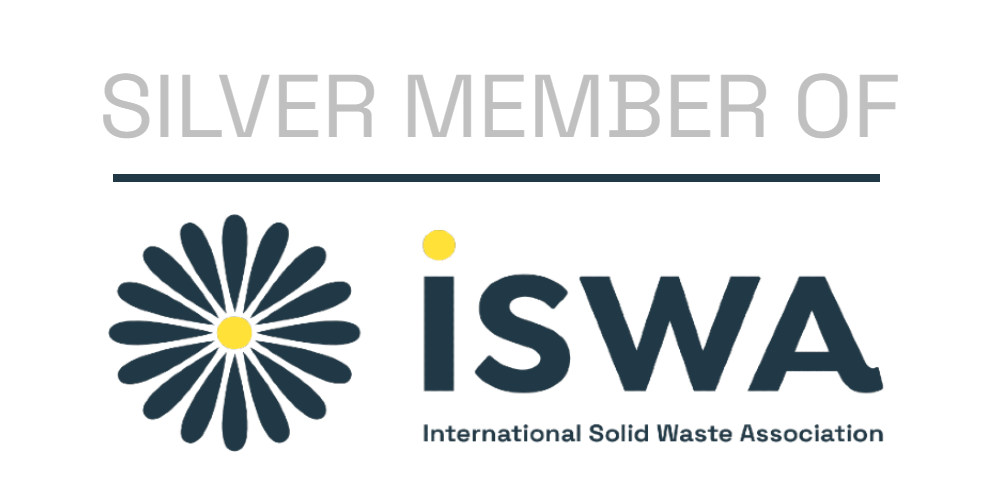According to Cyclamed, healthcare facilities in France generate around 700,000 tonnes of waste each year. A significant portion of this waste consists of infectious healthcare waste, which represents between 15% and 25% of the total. These materials require specific treatment due to their potential health hazards.
Currently, most infectious waste is incinerated. While this method is effective in neutralizing pathogens, it is also highly polluting and energy-intensive. In a time when environmental and public health concerns are increasingly interconnected, relying on incineration alone raises important questions.
Alternatives do exist. One example is Sterilwave, a technology developed by Bertin Medical Waste, which enables on-site treatment of infectious waste within healthcare facilities. The process neutralizes infectious risks in 30 minutes, reduces waste volume by up to 85%, and avoids the need for incineration. Already implemented in several hospitals and international organizations, this approach offers a practical way to reduce the environmental impact of infectious waste management.
Cyclamed’s study highlights the urgent need to modernize practices. Rethinking how we handle infectious healthcare waste is a crucial step toward more sustainable, responsible healthcare.


